Why Countries Are Betting Big on RWA: A Legal and Regulatory Deep Dive
August 28, 2024
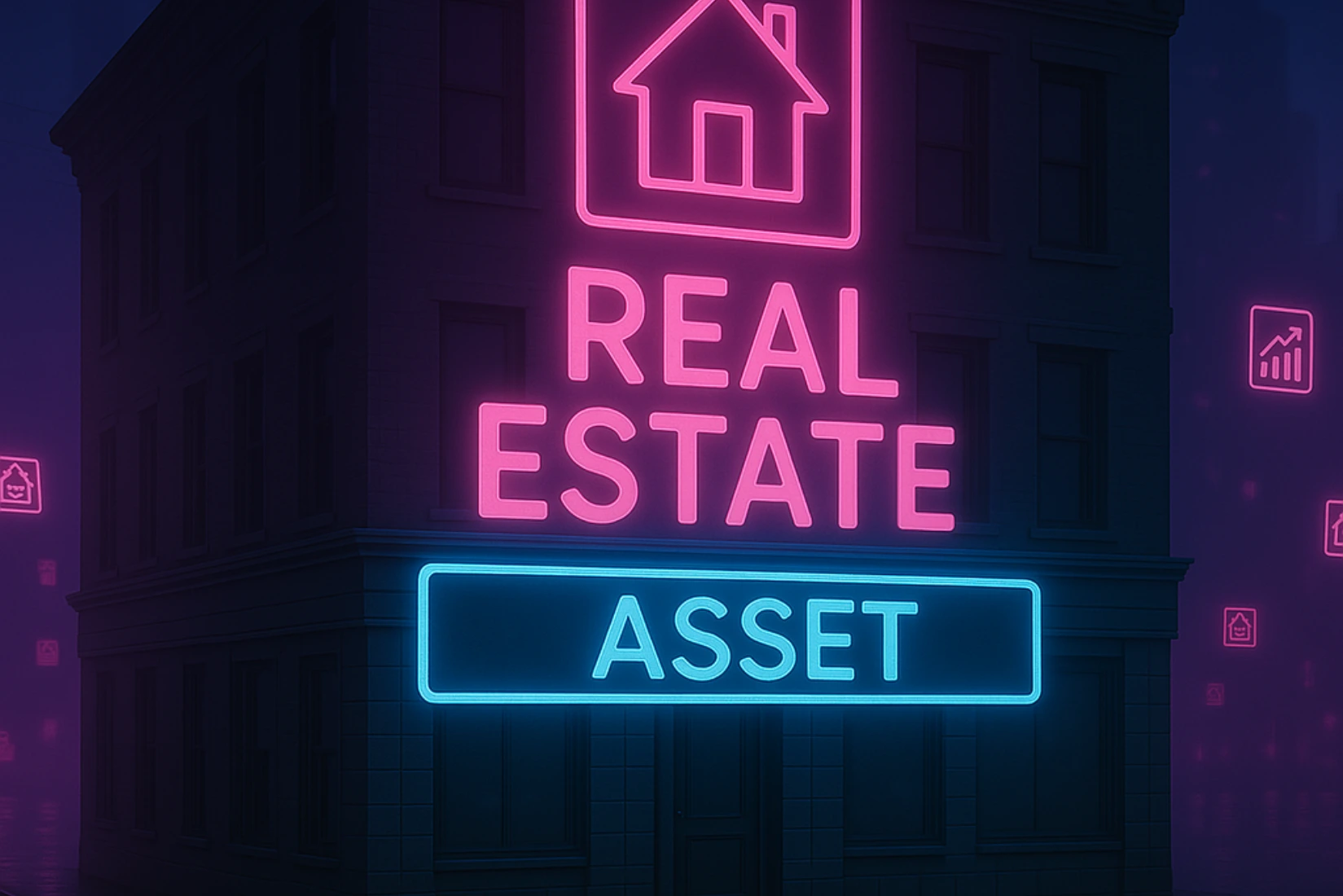
At first, Real-World Asset (RWA) tokenization might have sounded like just another crypto buzzword. But governments around the world have since taken a very different view—one shaped by legal frameworks, regulatory clarity, and strategic policymaking. This shift isn’t just about innovation for innovation’s sake. It’s about redefining the legal foundations of ownership, compliance, and capital markets. Here’s how key countries are crafting the rules that will govern the RWA global trend.
Singapore: Regulatory Sandboxes with Institutional Buy-In in RWA Global Trend
Singapore’s Monetary Authority (MAS) has long been a pioneer in digital finance, and RWAs are no exception. Its approach? Tight regulatory clarity paired with open experimentation.
- Key Initiative: Project Guardian—a regulatory sandbox where banks and fintechs test tokenized bonds and funds
- Legal Framework: Clear licensing regimes for digital asset service providers under the Payment Services Act and the Securities and Futures Act
- Impact: A structured path for institutions to explore tokenization while staying compliant
Singapore’s legal infrastructure gives confidence to major players like JPMorgan and DBS, encouraging real-world deployments rather than just theoretical pilots.
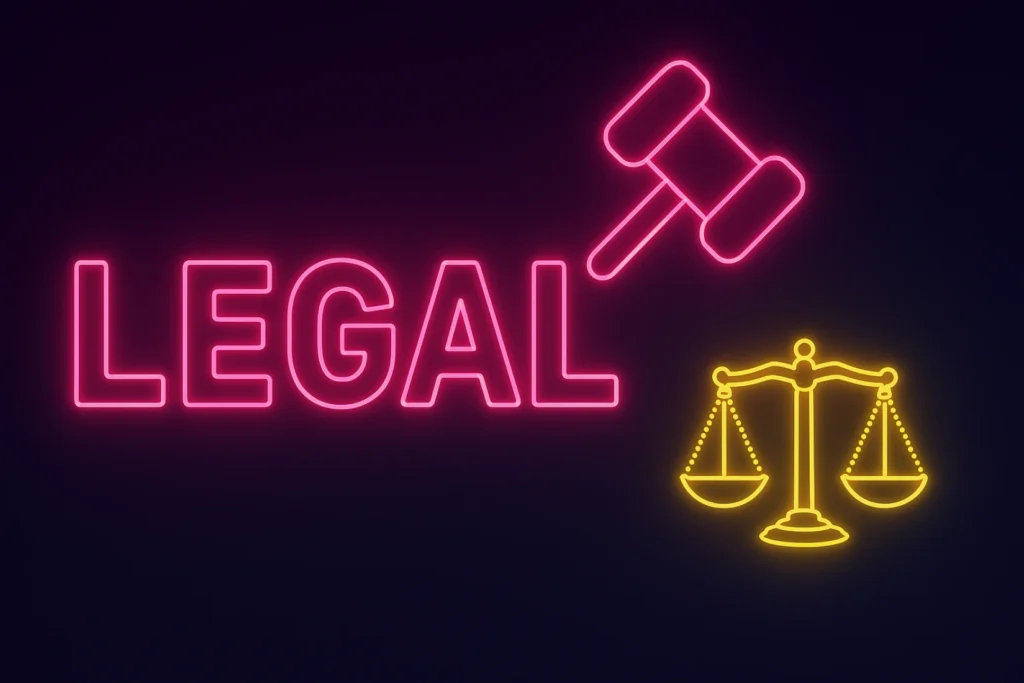

UAE: Legal Architecture Built for the RWA Global Trend
The United Arab Emirates is building its digital asset regulatory framework from the ground up—with separate authorities catering to innovation in both Dubai and Abu Dhabi.
- Key Authorities: Virtual Assets Regulatory Authority (VARA, Dubai), Abu Dhabi Global Market (ADGM)
- Legal Strategy: Proactive licensing regimes, clear guidelines for tokenized asset issuance, and regulatory support for pilot projects
- Focus Areas: Real estate tokenization, commodities, and next-gen asset classes
Unlike jurisdictions playing catch-up, the UAE’s forward-leaning legal model is designed to attract global capital and position the region as a leader in tokenized finance.
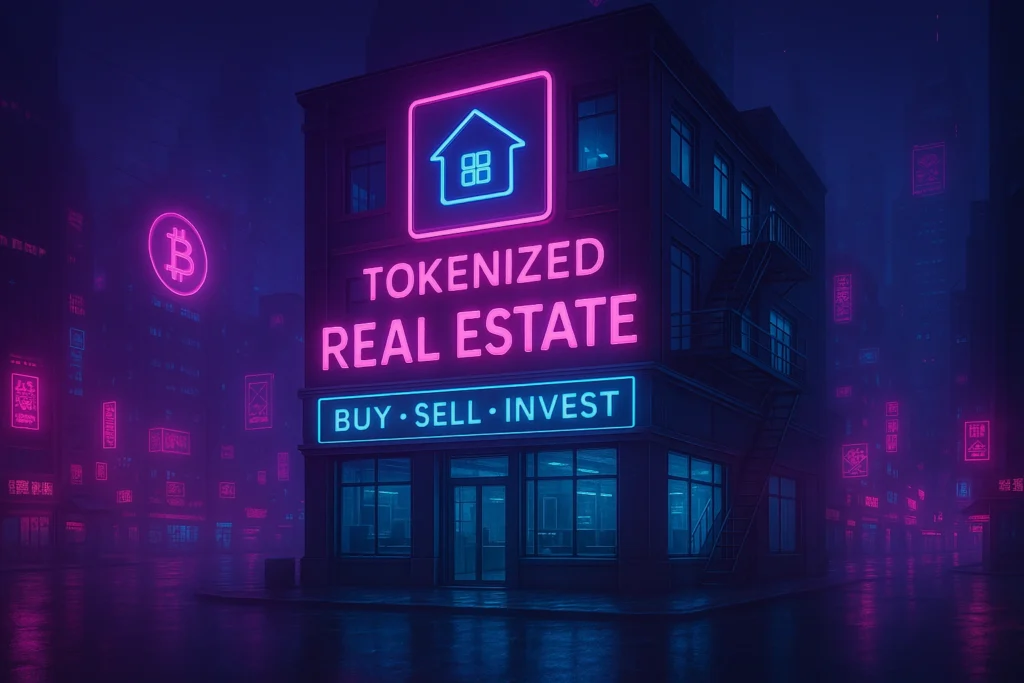
Switzerland: Mature Legal Structures and Market Certainty
Switzerland is one of the few jurisdictions where tokenized securities can already be issued and legally recognized.
- Regulator: Swiss Financial Market Supervisory Authority (FINMA)
- Legal Milestones: The DLT Act (2021), which updated civil and securities law to accommodate digital assets
- Practical Impact: Companies can issue tokenized equity and debt under Swiss law with clear legal recourse
Thanks to its clarity and legal maturity, Switzerland’s “Crypto Valley” in Zug has become a hotspot for legally compliant tokenization projects.
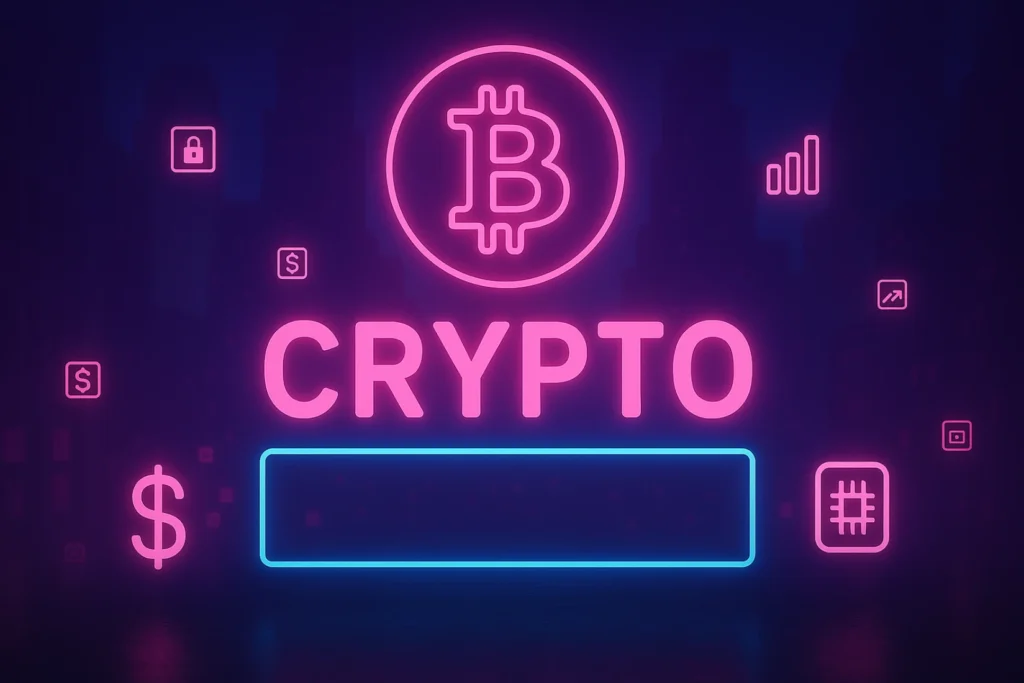

Hong Kong: Regulatory Reforms in Motion
Hong Kong has recently rebooted its digital asset strategy to stay competitive in Asia, with regulators offering a legal bridge for traditional finance to experiment with tokenization.
- Key Body: Securities and Futures Commission (SFC)
- Recent Changes: New licensing regimes for digital asset platforms and asset managers
- Emerging Opportunities: ESG-compliant tokenized green bonds, with the Hong Kong Monetary Authority leading initiatives
Hong Kong’s legal pivot reflects its ambition to be a serious player in Asia’s tokenization race—especially as it attempts to differentiate from mainland China’s restrictions.
Why Are Governments Investing in Legal Frameworks for RWAs?
The RWA global trend is being driven not just by tech potential, but by a clear recognition of what legal structures can enable:
- Market Modernization: Streamlined, programmable assets reduce frictions in settlement and custody
- Risk Reduction: Smart contracts and blockchain offer auditability and transparency
- Investor Inclusivity: Legal clarity allows retail and institutional investors to engage with confidence
- Cross-Border Standardization: Countries are also vying to become global hubs through mutual recognition agreements and regulatory passports
For many policymakers, tokenization isn’t just a compliance challenge—it’s a strategic tool to future-proof their capital markets.

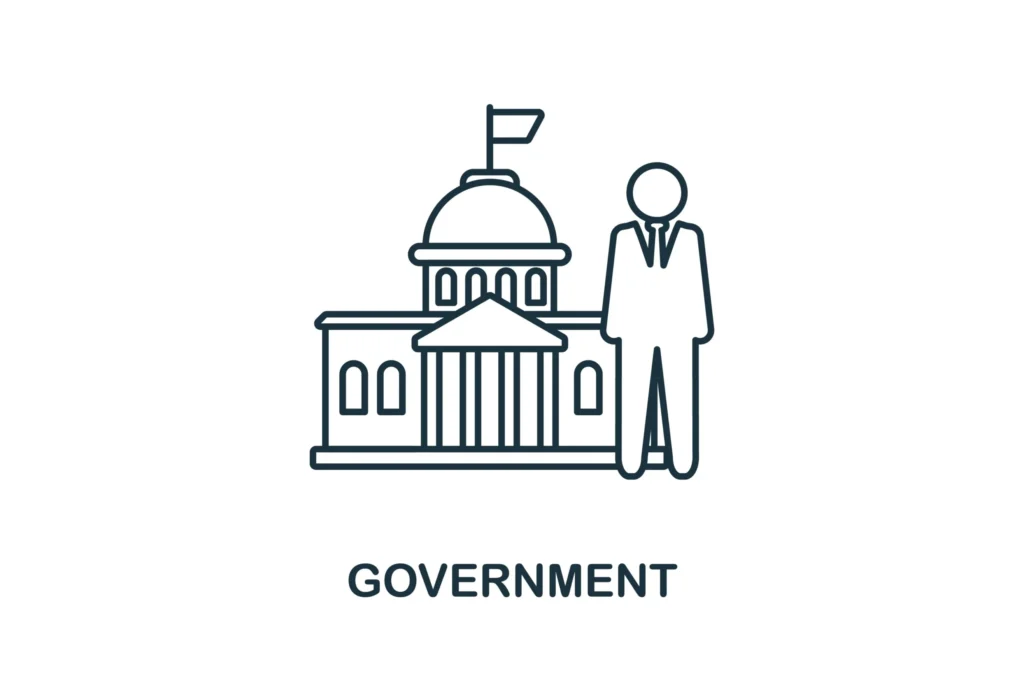
But Legal Challenges Still Loom
Despite progress, the regulatory road ahead isn’t without potholes:
- Jurisdictional Conflicts: How do you resolve cross-border ownership disputes when different nations have different definitions of digital assets?
- Legacy Systems: Legal systems (and the tech they rely on) still struggle to integrate blockchain’s real-time nature
- Scalability and Interoperability: Global standards are still emerging—making legal interoperability a work-in-progress
- Consumer Protection: Tokenizing farmland or artworks might be legal, but are average investors truly protected?
Until these issues are resolved, full-scale tokenized economies will remain aspirational.
Final Thoughts: Law Is the Lever Behind the RWA Global Trend
Real-world asset tokenization is no longer just a crypto concept—it’s a legal evolution. As countries around the world draft, refine, and enforce new rules for how assets are owned and traded, the RWA movement gains not just credibility, but real-world viability.
Whether it’s Singapore’s sandbox model, the UAE’s custom-built regimes, Switzerland’s legal maturity, or Hong Kong’s policy revamp, one thing is clear: the future of tokenized finance will be written not just in code, but in law.
And for builders, investors, and regulators alike, understanding that legal layer might be the most important investment of all.
Relevant Link : Who’s Leading the RWA Global Trend? A Country-by-Country Breakdown

